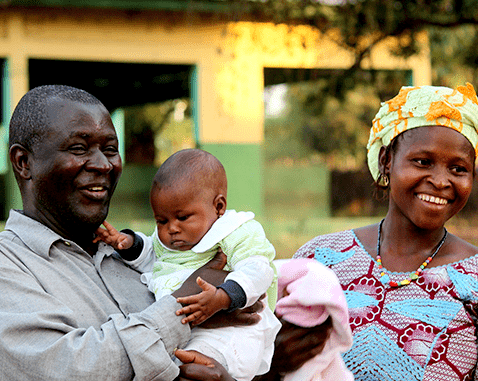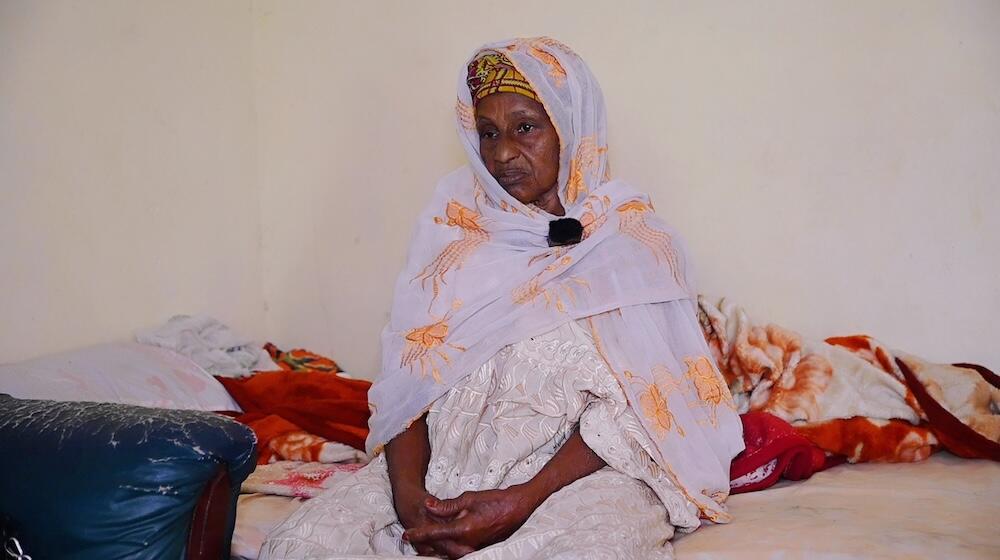Guinea continues to face economic and social challenges. Guinea is facing recurrent natural disasters as floading and is hosting some refugees who add to the strain of a struggling economy. The outbreak of the deadly Ebola virus in 2014 also devastated health infrastructure in southern parts of the country. UNFPA’s humanitarian assistance focuses on strenghthening and providing sexual and reproductive health (SRH) services and on preventingand responding to gender based violence (GBV).
Humanitarian needs
Last updated on - April 2021
Total people in need
Humanitarian funding
Resources in US$
Key humanitarian results 2018

Total people reached with Adolescent SRH

People reached with Dignity Kits

Affected population who directly benefited from all types of emergency RH kits

Women assisted to deliver babies safely in UNFPA-supported facilities

Women and girls accessing services provided through Service Delivery Points (SDPs) that are equipped with Post-Rape Kits

GBV survivors reached

Affected population reached with Family Planning services

Number of mobile clinics

Functional health facilities supported by UNFPA that provide Emergency Obstetric Care (EmOC)

Dignity kits and/or other Non-Food Items distributed

Maternity health facilities/tents/homes operationalized with UNFPA support

Safe Spaces for women and girls, supported by UNFPA

Number of service delivery points supported that provide clinical management of rape

Youth facilitators and volunteers trained on sexual and reproductive health

Personnel trained on the Minimum Initial Service Package (MISP) for SRH

Has established a functional system for safe and ethical gender-based incident data management
- Results data are reported and updated as they become available.
- -Targets and UNFPA's populations of concern, including women of reproductive age and pregnant women, are estimated using the MISP calculator.
- -Funding estimates are based on country planning processes, including inter-agency humanitarian response plans and regional refugee and resilience plans.



